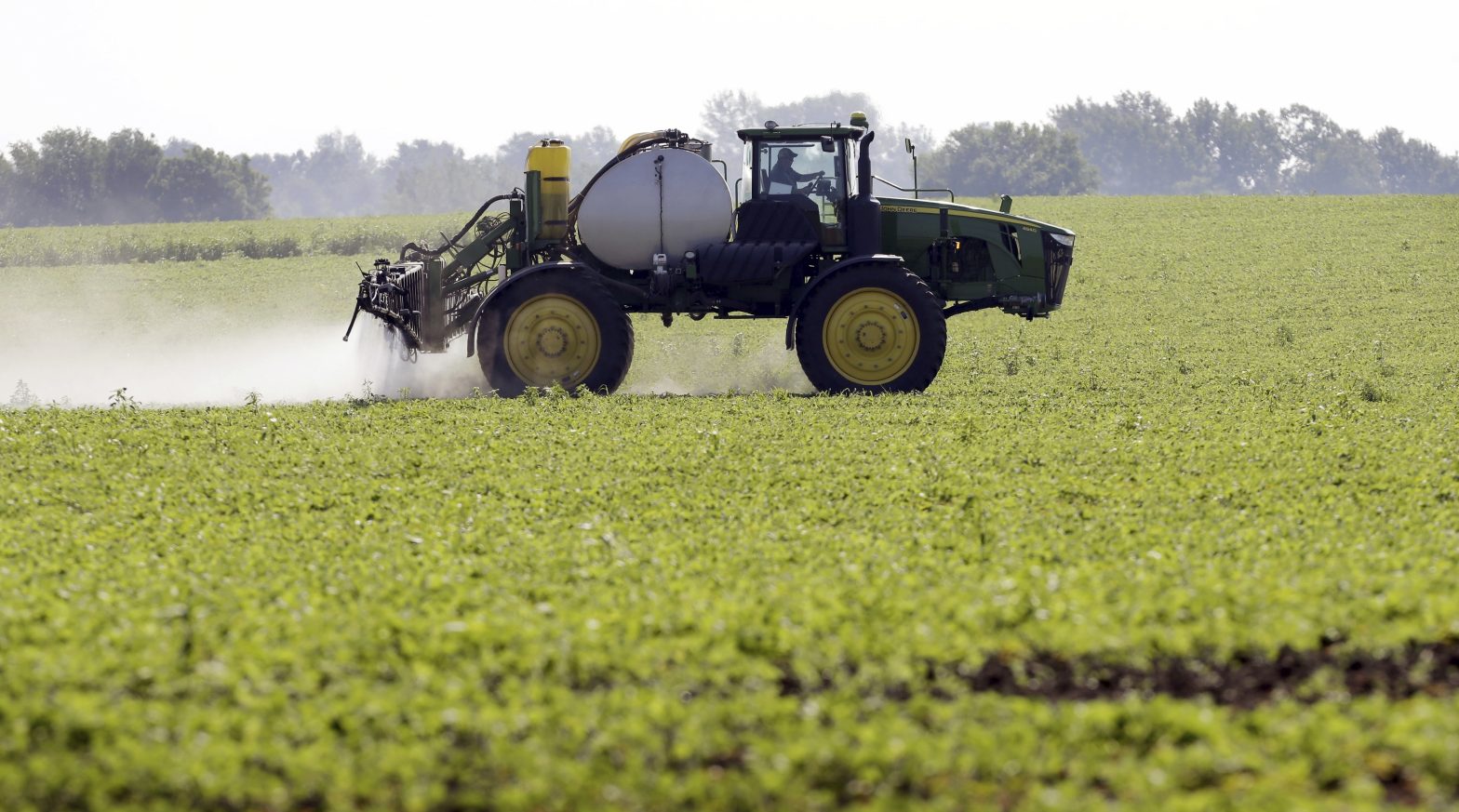Dodging Deadlines Often Leads to Bad Policies: The Census of Agriculture & the Farm Bill
COMMENTARY

Most of you have seen recent stories on European farmers organizing for better prices by blocking highways and business districts with their tractors. Older farmers might remember the 1979 Tractorcade by American farmers demanding “parity,” meaning farmers should get paid the cost of production (what it costs to raise a crop) plus a living wage.
That protest in 1979 drew attention to the problem but did little to alleviate it. What followed was the Farm Crisis, culminating in 1985, known as “the year of farm foreclosures.” Subsequent farm bills did little to protect farmers’ ability to get paid a living wage and simply exist, as they abandoned the last remaining vestige of supply management programs, leaving farmers at the mercy of volatile commodity markets and years of low prices.
Farm bills from the 1980s to the present day have failed in many aspects to stabilize commodity markets and have forced taxpayers to shoulder the cost with safety net programs designed to benefit corporate agribusiness, factory farms and processing industries. Lobbyists wrote these farm bills to protect and enhance the interests of their clients, multinational corporations.
The recent release of the 2022 Census of Agriculture (which comes out every five years) revealed the negative consequences of bad farm bills.
For the first time in history, the United States has less than 2 million farms. The country lost over 140,000 farms and over 150,000 cattle operations from 2018 to 2022. Missouri alone lost 10,000 cattle operations (from 53,497 to 43,543). In the last 15 years, 20,000 Missouri cattle farmers have gone out of business.
As the agriculture industry becomes more concentrated and corporatized, the loss of family farms has accelerated. From livestock production where four corporations control 85% of the U.S. beef industry and four corporations control over 70% of U.S. pork production to grain production, where 75% of seeds are controlled by four companies, our current corporate centralized system has left small and medium farms struggling to survive in the United States and around the world.
Most of the farm bill talk in ag media and on Capitol Hill is calling for a virtual copy of the 2018 Farm Bill, which, for commodity crops, is essentially a taxpayer supported insurance bill, where farmers have to choose (read “gamble”) between two different crop insurance programs — Agriculture Risk Coverage and Price Loss Coverage.
You choose wrong, you might lose the farm.
Instead, farm bills should work to make it a real free market system, for the benefit of producers, consumers and our environment. Farm bills need to address the oversupply and consistent low prices in commodity markets by bringing back a supply management system for grain with a farmer-owned grain reserve.
Farm bills need to stop the ability of the four beef packers to use forward contracts to distort the cattle prices below the true value of our cattle. Farm bills should bring back mandatory country of origin labeling for meat, so consumers can know where their food comes from. Farm bills need to stop literally funding the industrialization, corporate and foreign takeover of the U.S. livestock industry. There’s a start.
Congress is dragging their feet yet again, and one thing we know: waiting until the last minute to adopt a farm bill will lead to a continuation of lousy farm and food policies and accelerate the loss of farms even faster than the last five years.
Darvin Bentlage is a fourth-generation cattle and grain farmer and member of the Missouri Rural Crisis Center. He can be reached by email.
























